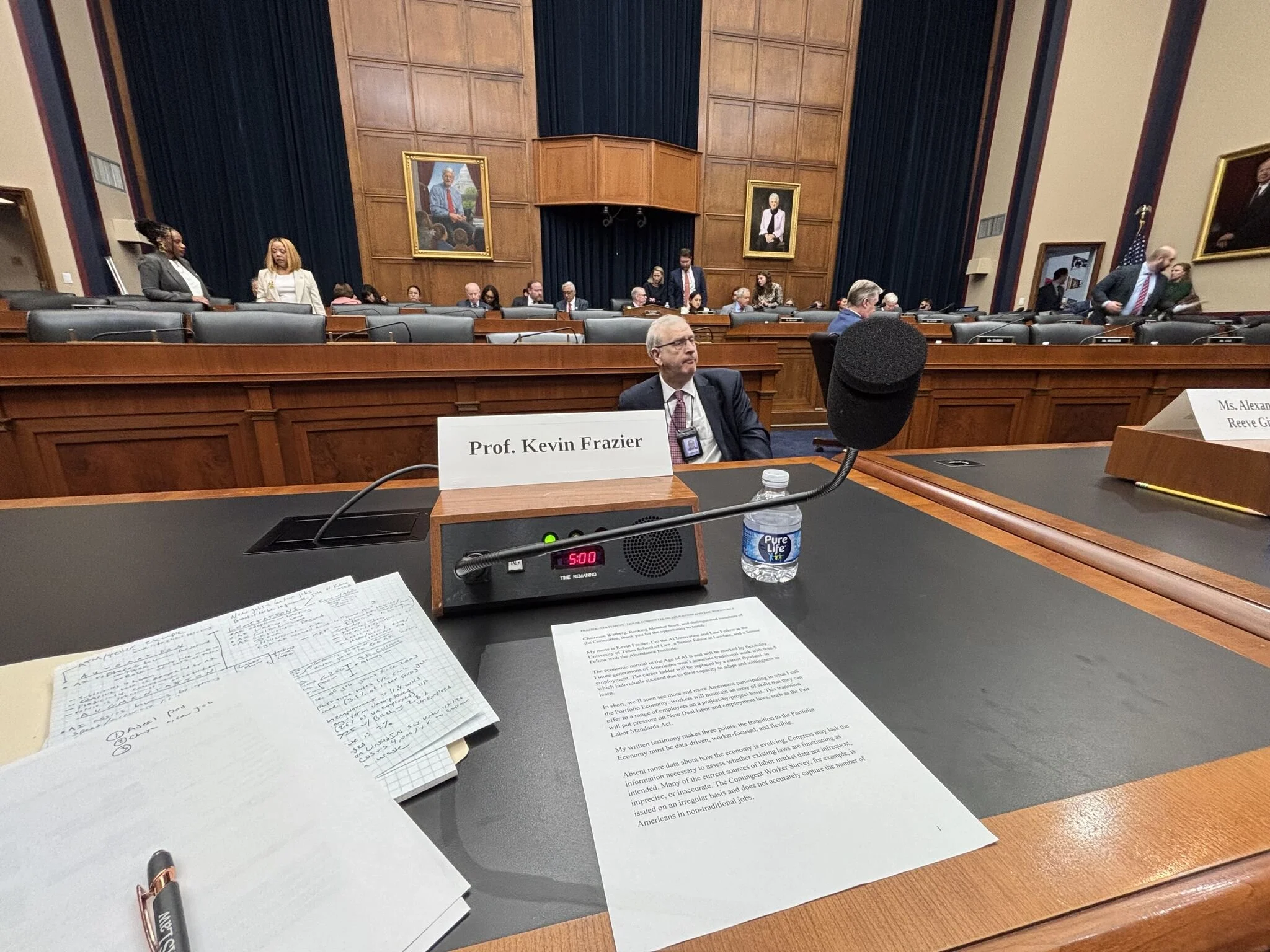Educational professionals call for end to AI detectors in assessment
A group of educators has released a preprint arguing that AI text detection tools are unreliable in practice and should be replaced by transparent, trust-based approaches to assessment design.

A group of Australia-based education professionals led by Associate Professor Mark A. Bassett at Charles Sturt University has released a preprint arguing that AI text detectors should not be used in education.
Co-authors include Wayne Bradshaw, Hannah Bornsztejn, Alyce Hogg, Kane Murdoch, Bridget Pearce, and Colin Webber. Pearce also posted about the release on LinkedIn, highlighting the paper’s key points for educators. The paper is positioned as a debate-ending critique of detection in unsupervised assessment contexts.
Detection claims don’t meet evidentiary standards
The authors state that AI detectors provide “unverifiable probabilistic assessments” that cannot be validated in the real world, where the true origin of a text is unknown. They argue that such scores fail the balance-of-probabilities threshold used in academic integrity investigations and should not be treated as evidence against students. “Generative artificial intelligence detectors cannot be tested in real-world conditions where the true origin of a text is unknown,” the paper notes. It adds that combining multiple detectors, scanning for “AI hallmarks,” or comparing with past work introduces confirmation bias rather than independent verification.
The preprint challenges headline accuracy figures, stressing that educators rarely know the base rate of AI use, so a flagged score does not translate into a reliable likelihood of misconduct. It also critiques a binary frame of “human vs AI,” saying much student work is created with, not by, AI through hybrid processes that defy clean categorisation. The authors point out that human writing is shifting as learners read AI-assisted prose, increasing the risk of innocent work matching detector patterns.
Process surveillance and security risks under scrutiny
The paper warns that mandating draft-capture or keystroke-logging tools can distort learning and is increasingly moot as modern AI can generate human-like revision histories. It also flags data-security and privacy concerns when student work is uploaded to third-party detection sites, including unclear storage, retention, and jurisdictional protections.
The authors call for assessment redesign that acknowledges AI’s role, sets clear, teachable boundaries, and focuses on demonstration of learning under authentic conditions. They urge institutions to move away from punitive detection policies toward transparent, pedagogically sound approaches.























